World experts to gather in Cleveland April 29 to May 2, 2015
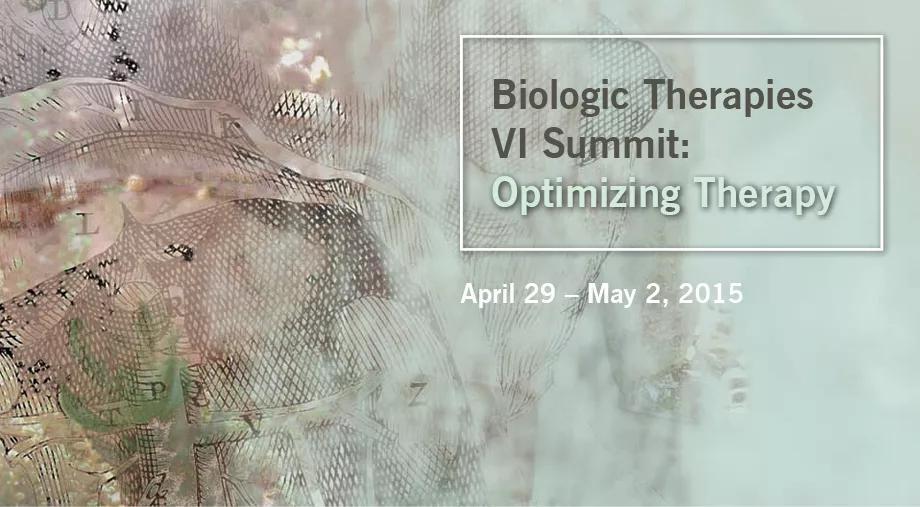
It’s back: Cleveland Clinic’s celebrated biennial CME summit on biologic therapies for autoimmune and autoinflammatory diseases — Biologic Therapies VI: Optimizing Therapies — will be convened April 30 to May 2, 2015, at the InterContinental Hotel on Cleveland Clinic’s main campus in Cleveland. It’s preceded by a daylong CME symposium, Vasculitis of the CNS: Diagnosis, Management, and Research, on April 29.
Advertisement
Cleveland Clinic is a non-profit academic medical center. Advertising on our site helps support our mission. We do not endorse non-Cleveland Clinic products or services. Policy
The previous Biologic Therapies summit, held in 2013, drew attendees from more than 30 states and nine nations. This year organizers expect over 500 registrants. Here’s what will draw them:
1) An unmatched national and international faculty. Cleveland Clinic’s R.J. Fasenmyer Center for Clinical Immunology has assembled a premier faculty of leaders in immune-based therapies from Cleveland Clinic and other top institutions across the U.S., Canada and Europe. World authorities in biologics from multiple disciplines — rheumatology, neurology, gastroenterology, dermatology, oncology and others — will bring diverse perspectives from their clinical experience and leading roles in pivotal trials.
2) The content! The theme of Biologic Therapies VI — optimizing therapies — infuses its entire agenda of lectures and interactive panel discussions designed to enhance decision-making around appropriate use of biologics in highly complex clinical situations. “We’ll be examining new biologic therapies, treating to target, the use of vaccines with biologics, biosimilars, safety and comorbidity issues, and more,” says summit co-director Leonard Calabrese, DO, R.J. Fasenmyer Chair of Clinical Immunology at Cleveland Clinic.
The summit kicks off with Cleveland Clinic cardiologist Stanley Hazen, MD, PhD, providing perspectives from his groundbreaking gut bacteria research in a lecture titled “Gut Microbiota as a Participant and Therapeutic Target in Atherosclerosis and Vascular Inflammation.”
Advertisement
3) A tried-and-true track record. “This is the sixth iteration of this summit,” says Dr. Calabrese, “and many past attendees have said it’s the finest clinical meeting they’ve ever attended.”
4) A multidisciplinary sensibility. “We’re bringing together experts in biologics for diverse conditions — such as multiple sclerosis, inflammatory bowel disease, dermatology, oncology and various rheumatic diseases — to exchange ideas on new targets and new drugs,” explains summit co-director M. Elaine Husni, MD, MPH, Director of Cleveland Clinic’s Arthritis and Musculoskeletal Treatment Center. In fact, interdisciplinary exchange is at the heart of a new session this year, “Biologic Crossfire: What Can We Learn From Each Other?”
5) Cleveland in May (really). Beyond Northeast Ohio’s typically lovely May weather, the course directors are committed to delivering content and networking that are well worth the visit. “We promise this summit and the CNS vasculitis symposium will be distinctive,” says Dr. Husni.
Click here for details and registration for both the Biologic Therapies Summit and the unprecedented April 29 pre-symposium on CNS vasculitis. Don’t delay — early-bird rates end April 1!
These activities have been approved for AMA PRA Category 1 Credit™.
Advertisement
Advertisement
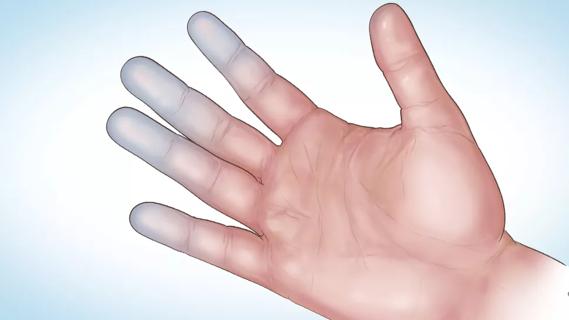
Treatment strategies require understanding of pathomechanisms
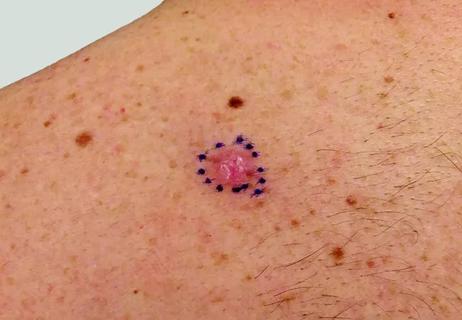
Education, prevention strategies and monitoring serves this at-risk group
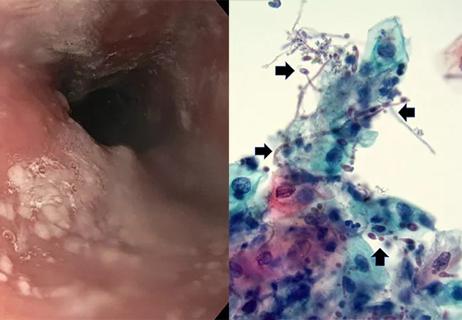
Treatment for scleroderma can sometimes cause esophageal symptoms
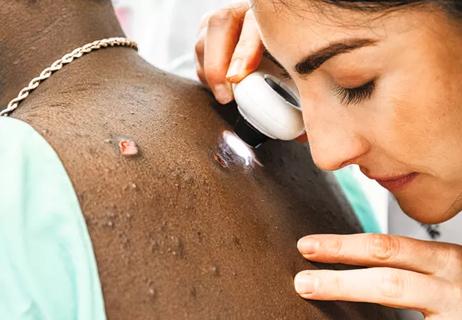
Lupus Clinic providers collaborate to advance treatment and understanding
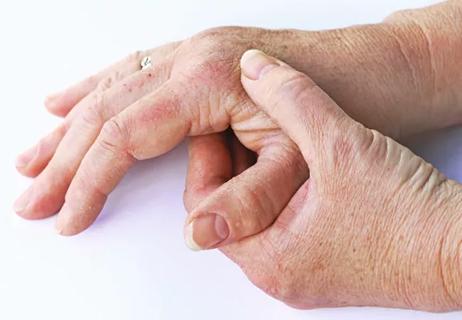
Older Psoriasis Patients May Experience Quicker Transition
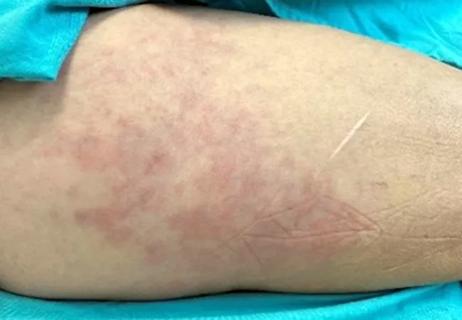
Cleveland Clinic’s Rheumatic Lung Disease program treats patients with complex conditions
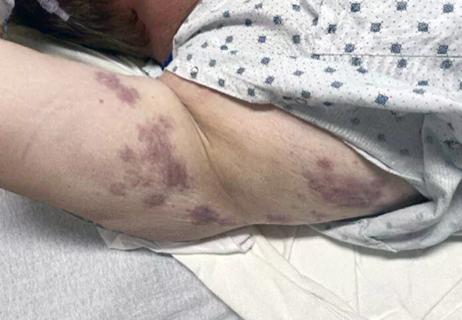
Symptoms complement one another

E-coaching program is tailored for those with the disease